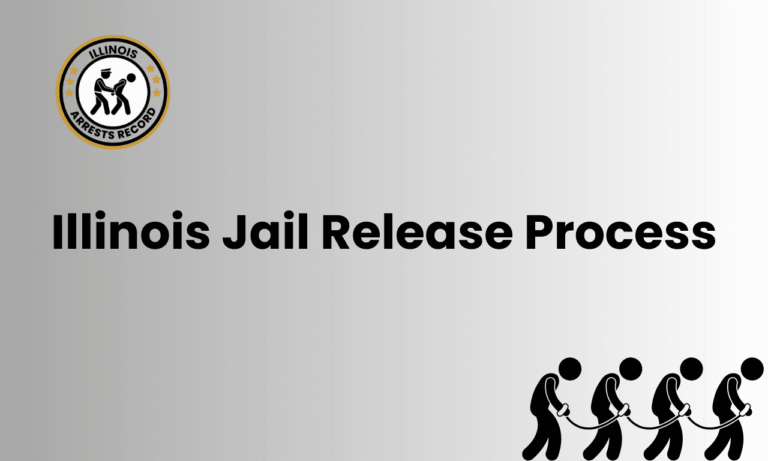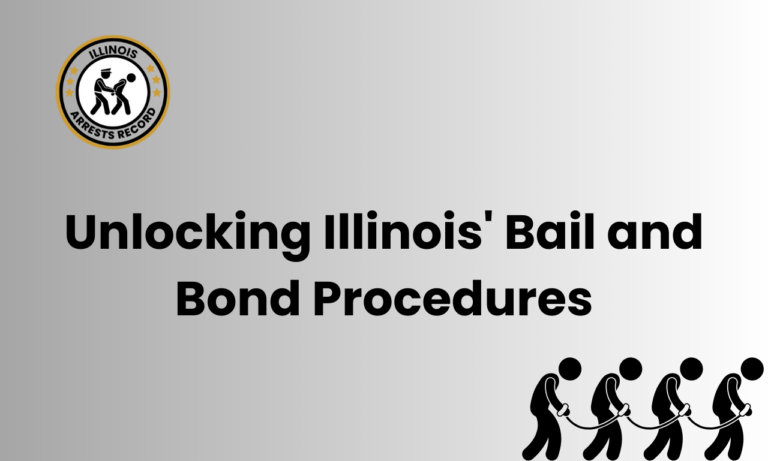Illinois Mental Health Inmate Treatment
Welcome to a comprehensive guide on mental health inmate treatment in the state of Illinois. In this informative introduction, we will delve into the various aspects of mental health care provided to inmates within the state’s correctional facilities. From assessment and diagnosis to treatment and rehabilitation, Illinois is committed to ensuring the well-being and recovery of individuals with mental health conditions who are incarcerated.
Within the Illinois Department of Corrections, a dedicated team of mental health professionals works tirelessly to address the unique needs of inmates struggling with mental health issues. With a focus on evidence-based practices and a commitment to providing compassionate care, the state aims to not only improve the mental health of inmates but also reduce recidivism rates and promote successful reintegration into society.
Assessment and Diagnosis: Identifying Mental Health Needs
In order to provide effective mental health care to inmates, the first step is a thorough assessment and diagnosis. Trained mental health professionals within the Illinois Department of Corrections utilize a range of evaluation tools and techniques to identify and understand the unique mental health needs of each individual.
Through in-depth interviews, psychological testing, and observation, the dedicated team gains insights into the inmate’s mental health history, symptoms, and any co-occurring disorders. This comprehensive assessment process forms the foundation for developing personalized treatment plans.
Treatment Approaches: Evidence-Based Practices for Recovery
Illinois is dedicated to employing evidence-based practices in the treatment of inmates with mental health conditions. These approaches have been extensively researched and proven effective in promoting recovery and reducing symptoms.
One such approach is cognitive-behavioral therapy (CBT), which helps individuals identify and change negative thought patterns and behaviors. Another effective method is medication-assisted treatment (MAT), where appropriate medications are prescribed to manage symptoms and support overall mental well-being.
Rehabilitation and Skills Building: Equipping Inmates for Success
Rehabilitation plays a crucial role in the mental health inmate treatment process. Inmates are provided with opportunities to develop essential life skills that will aid in their successful reintegration into society upon release.
Through various programs and workshops, individuals learn coping mechanisms, anger management techniques, and strategies for conflict resolution. Additionally, vocational training and educational programs are offered to enhance job prospects and foster personal growth.
Collaborative Care: A Multi-Disciplinary Approach
Recognizing the complexity of mental health issues, the Illinois Department of Corrections employs a collaborative care model. This involves a team of professionals, including psychiatrists, psychologists, social workers, and counselors working together to provide holistic and comprehensive care.
Regular meetings and consultations ensure that inmates receive integrated and coordinated treatment. By combining expertise from different disciplines, the team can address the diverse needs of individuals and provide a more effective and individualized approach to mental health care.
Supporting Reintegration: Promoting Long-Term Success
While the immediate goal of mental health inmate treatment is to improve well-being during incarceration, Illinois also prioritizes successful reintegration into society. Recognizing that mental health plays a crucial role in reducing recidivism rates, the state emphasizes post-release support.
Upon release, inmates are provided with access to community resources, such as outpatient mental health services and support groups. Transitional housing and employment assistance programs are also available to help individuals establish stable and fulfilling lives outside of the correctional system.
FAQ’s
Illinois correctional facilities provide a comprehensive range of mental health services to inmates. These services include psychiatric assessments, individual and group therapy sessions, medication management, crisis intervention, and substance abuse treatment programs.
How are inmates assessed for mental health conditions?
Inmates are assessed for mental health conditions through a thorough evaluation process conducted by qualified mental health professionals. This assessment involves a review of the inmate’s medical history, interviews, and psychological testing to determine the presence and severity of any mental health conditions.
Illinois correctional facilities offer various evidence-based mental health treatments to inmates. These treatments may include cognitive-behavioral therapy, dialectical behavior therapy, trauma-focused therapy, and psychotropic medication management. The treatment approach is tailored to meet the specific needs of each individual inmate.
Yes, Illinois correctional facilities have specialized programs for inmates with severe mental illnesses. These programs provide intensive treatment and support to individuals with conditions such as schizophrenia, bipolar disorder, and major depressive disorder. The goal is to stabilize their symptoms and promote their overall well-being.
The Illinois Department of Corrections has implemented rigorous quality assurance measures to ensure the provision of high-quality mental health care to inmates. This includes regular evaluations, audits, and ongoing training for mental health professionals. Additionally, feedback from inmates and their families is actively sought to continuously improve the quality of care.







